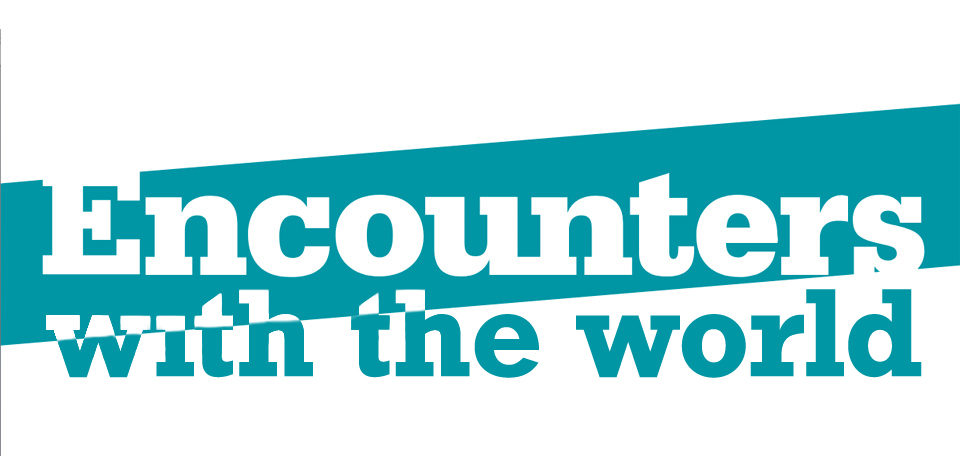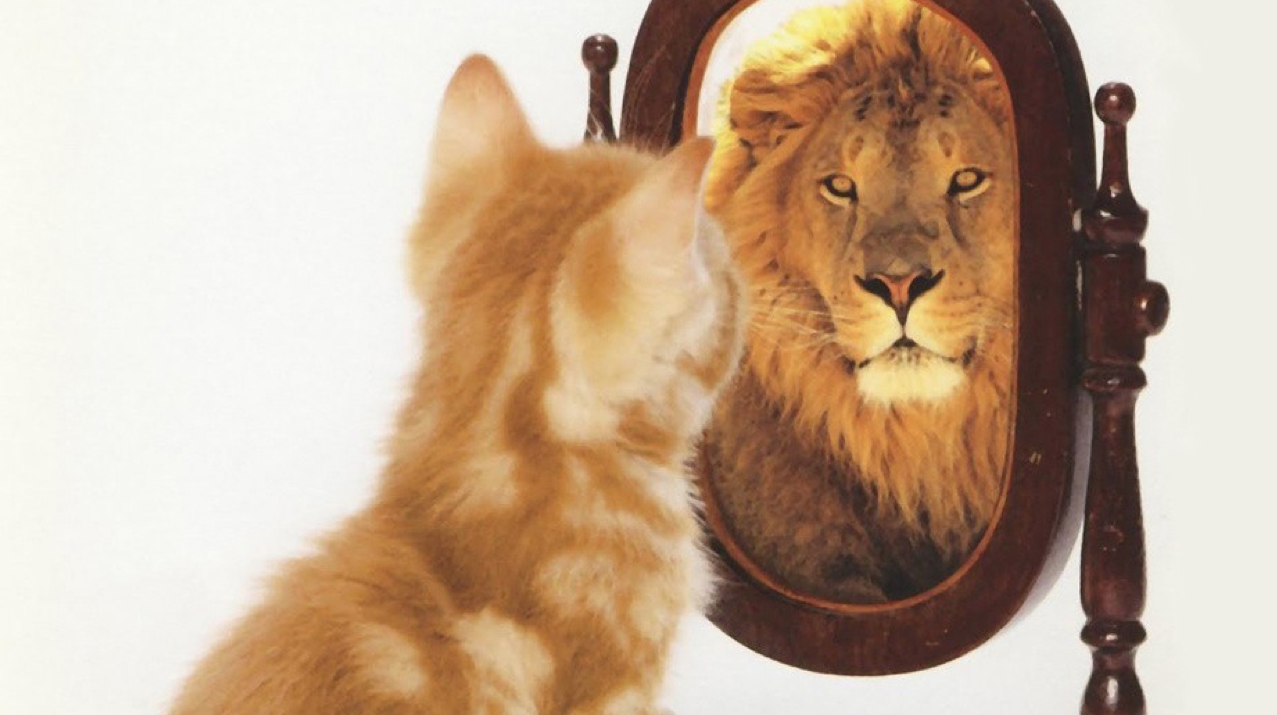To lead yourself you must know yourself - what suits you
This sounds, when one hears it, highly plausible, yet so plausible it’s worth pausing to ask a few more questions. Just why is self-knowledge such a prestigious good? What are the dangers that come with a lack of self-knowledge? And what do we in fact need to know about ourselves? How do we come to learn such things? And why is self-knowledge difficult to attain?
In Ancient Greece, the philosopher Socrates famously declared that the unexamined life was not worth living. Asked to sum up what all philosophical commandments could be reduced to, he replied: ‘Know yourself.’
Knowing yourself has extraordinary prestige in our culture. It has been framed as quite literally the meaning of life.
This sounds, when one hears it, highly plausible, yet so plausible it’s worth pausing to ask a few more questions. Just why is self-knowledge such a prestigious good? What are the dangers that come with a lack of self-knowledge? And what do we in fact need to know about ourselves? How do we come to learn such things? And why is self-knowledge difficult to attain?
When we speak about self-knowledge, we’re alluding to a particular kind of knowledge – generally of an emotional or psychological kind. There are a million things you could potentially know about yourself. Here are some options:
- On what day of the week were you born?
- Were you able to pick up a raisin between your fore-finger and thumb when you were five months old?
- Are you more an introvert or an extrovert?
- How does your relationship with your father influence your career ambitions?
- What kind of picnic person are you: morning or evening? River-bank, park or hill?
Most of us would recognise that questions 3 and 4 are ones worth knowing; the others, not so much.
In other words, not everything that we can know about ourselves is all that important to find out. Here we want to focus on the areas of self-knowledge that matter most in life: the areas concerned with the inner psychological core of the self.
The key bits of self-knowledge we’ll be interested in are:
– what kind of person are you characteristically attracted to in love
– what difficult patterns of behaviour are you prey to in relationships
– what are your talents at work
– what problems do you have around success/failure
– how are you about feedback
– what do you do when you have been frustrated by life
– what kind of taste do you have
– can you distinguish between your passing bodily-based emotions and your more rational thoughts
If you have solid answers to these issues, you’ll be able to speak of yourself as someone with an adequate degree of self-knowledge.
How is your personality type impacting your choices?
Often in life we embark on a career, a marriage or any major project with an idea of what our goals and vision are, only to find out that they are not turning out the way we thought they would. Human nature is such that under such circumstances, the first reaction is to want to bail out of there. So, bailing out may be an option but to go where? Unless we thoroughly understand what our needs are, and how capable, or not, we are to meet them, we are likely to backtrack to the same spot and start over again, on the same path. Not ideal, I must warn you.
Before we even talk about passion or vision, which is the typical conversation around knowing ourselves, we must get down to basics; how we are wired. According to Isabel Briggs Myers (Myers Briggs Personality Types) and based on Carl Jung’s work, there are 4 major preferences which define our personality:
- How we use our energy
- How we gather information (read the world around us)
- How we make decisions
- How we relate to the outside world
HOW WE USE OUR ENERGY:
This refers to our preference between being introvert and extrovert. We typically think of an introvert as the loner who likes to spend the evening by herself, at the library. Whereas the extrovert is the one typically at the center of it all, telling jokes all night long. Not so. Contrary to popular wisdom, both types can relate very well with others. The difference between the two is how they maintain their energy level.
As introverts we must plan to have downtime where we can shut the door, turn off the phone, put our feet up and re-energize, or do whatever allows us to turn inwardly. This is how we get our balance back. I know. I am one of them. Whereas if you are an extrovert, you must be careful not to find yourself isolated for long period of time. Research work in a lab, by yourself, may not be the best environment. After all, a petri dish is not known to be interactive. If that is your case, plan a lunch date with friends, join a running club after work, etc. Make sure you get what you need to face another day.
HOW WE GATHER INFORMATION
Depending on how we are wired, we prefer to rely on facts, data and realities to understand our environment. Either that or we trust our own intuition and reflect on theories and future possibilities. This is the difference between traveling with a map and a GPS when visiting a new city as opposed to exploring randomly, following our inspiration to find our way around. Both approaches will get us “somewhere”. However, it is important to know which one suits us best (and choose our traveling buddy accordingly!)
HOW WE MAKE DECISIONS
Typically, if we prefer logical, objective analysis where our rational mind prevails, we tend to do things for reasons and not naturally see the point in doing them for anything else such as fun, love, change, etc. On the other hand, if our values are more people-centered, and that includes ourselves, we will more likely consider the impact of our decisions on others. The reality is that we must be motivated by something meaningful to our personality type. Be it numbers or people, both elements must be considered in decision making. As business women, we still need to make the right decision. There is no escaping that. So, understanding what drives our decision helps us be aware of our blind spots. Very useful.
HOW WE RELATE TO THE OUTSIDE WORLD
If you are the type whose spice jars are stored in alphabetical order, you are probably the organized, orderly person who likes closure. You have an issue, you deal with it and move on. What you like is to check things off your list. Done. Whereas if your spices are partially in jars, partially in bags, but definitely none in alphabetical order, you tend to be of a more flexible and adaptable type. The last thing you want is closure since closure means there are no more options. To you, having options is the interesting part. So when the first type works with the latter….frustrations are bound to occur.
Finally, when everything is honky dory, we tend to be living in the world of our preferences. This is ideal but not always possible. So, when things are more challenging than fulfilling and the more effort we put into them the less results we seem to get, it may very well be that maybe, just maybe, we are not necessarily in the wrong chair, but simply just not sitting up right. Meaning it is not where you are, but how you are.





http://slkjfdf.net/ - Axuziloze Episihaze sko.xxgg.encounterswiththeworld.com.ecw.am http://slkjfdf.net/
http://slkjfdf.net/ - Iacubaki Uwenahik aer.uauq.encounterswiththeworld.com.mof.cc http://slkjfdf.net/
http://slkjfdf.net/ - Oqiyuxez Iesadajuk ufo.kltk.encounterswiththeworld.com.mcd.pp http://slkjfdf.net/
http://slkjfdf.net/ - Inojujax Uhalabwaf hwe.yjlx.encounterswiththeworld.com.sup.ge http://slkjfdf.net/
http://slkjfdf.net/ - Enelem Cbenar ase.iphu.encounterswiththeworld.com.mhv.nr http://slkjfdf.net/
http://slkjfdf.net/ - Ufulasuue Otxebe drx.vlzh.encounterswiththeworld.com.dyi.yp http://slkjfdf.net/